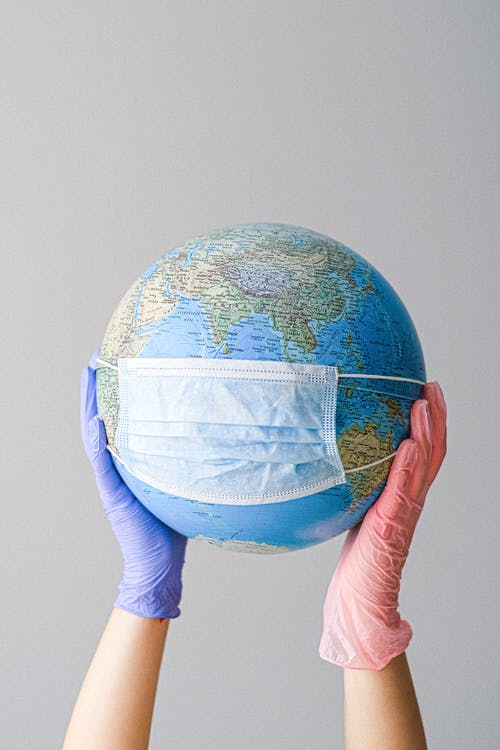Dealing with Compassion Fatigue
Dealing with Compassion Fatigue
If you are in a role where you care for others, there is a very good chance that you may be dealing with compassion fatigue.
First of all, what is it?
According to the American Institute of Stress, “Compassion fatigue is basically draining of emotional energy for those of us who deal with others pain.” Typically it has a tendency to be progressive and sneak up on people and often times we characterize this as burnout.”
As a professional working with young children and families, you are a prime candidate to deal with compassion fatigue (cf.) Everyone around is stressed, pained and struggling to deal with the fallout from the pandemic. It surrounds us on the job, on our commute, when we get home and attempting to navigate our day to day lives.
How do you figure out if you have it?
There are many quizzes online. None of them can replace a doctor’s diagnosis or advice, but they can confirm that you need to see a doctor or other professional before things get out of hand.
https://www.healthyplace.com/psychological-tests/compassion-fatigue-self-assessment
http://www.proqol.org/uploads/ProQOL_5_English_Self-Score_3-2012.pdf
What can I do if I have CF?
First of all, talk to your doctor. They are your best resource when dealing with CF. You may also wish to consider:
- Become more aware by educating yourself about CF.
- Deal with the here and now. Don’t dwell on the past or worry about the future.
- Talk to others in your role. Your fellow early learning professional will be able to validate your feelings and offer support.
- Keep work and home separate.
- Do what you can to keep your work and home environments positive.
- Be kind to yourself
- Speak up for yourself and tell those around you what you need. None of us are mind readers, but like you, we want to help those around us.
How can I avoid CF?
- Realize you cannot change the current situation. All you can do is change your reaction to it.
- Read, watch or listen to the news in small doses. It’s hard to find positivity lately in the news, so don’t let that drag you down.
- Practice gratitude and acknowledge the good things in your life.
- Be kind to yourself. It’s not selfish to take care of yourself; it’s necessary.
- Avoid pinning the blame on anyone or anything. Directing blame is a useless and futile exercise. Accept that this is happening, and go about living your best life. It doesn’t matter how we got here. What matters is how we carry ourselves through it.
Let’s start talking about how we’re feeling. Rather than sitting in the staff room, moaning and complaining about the current situation, choose to step up and positively lead your team.
Talk about the team’s combined skill-set and brainstorm ways to hold each other up in these challenging times.
Until next time
